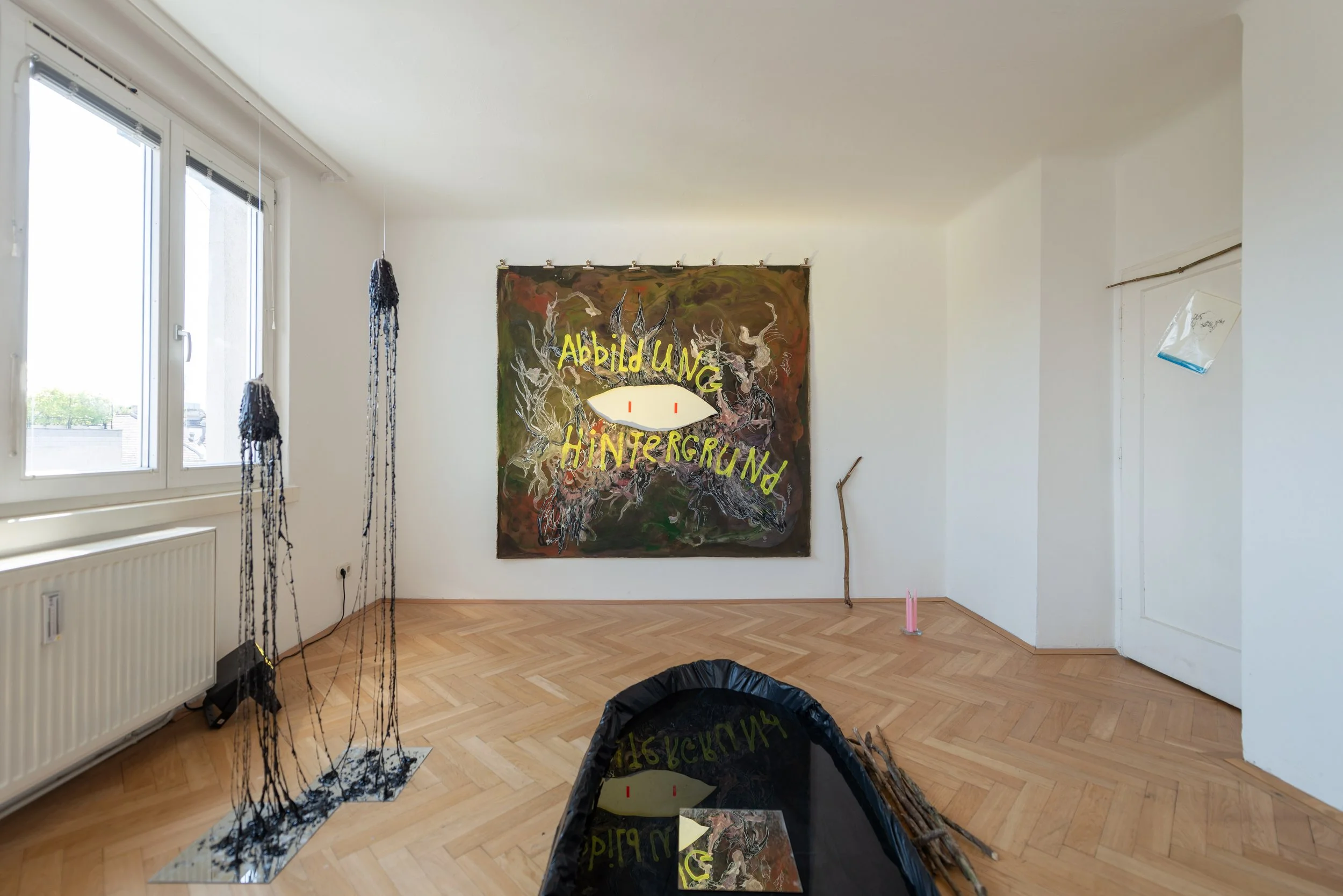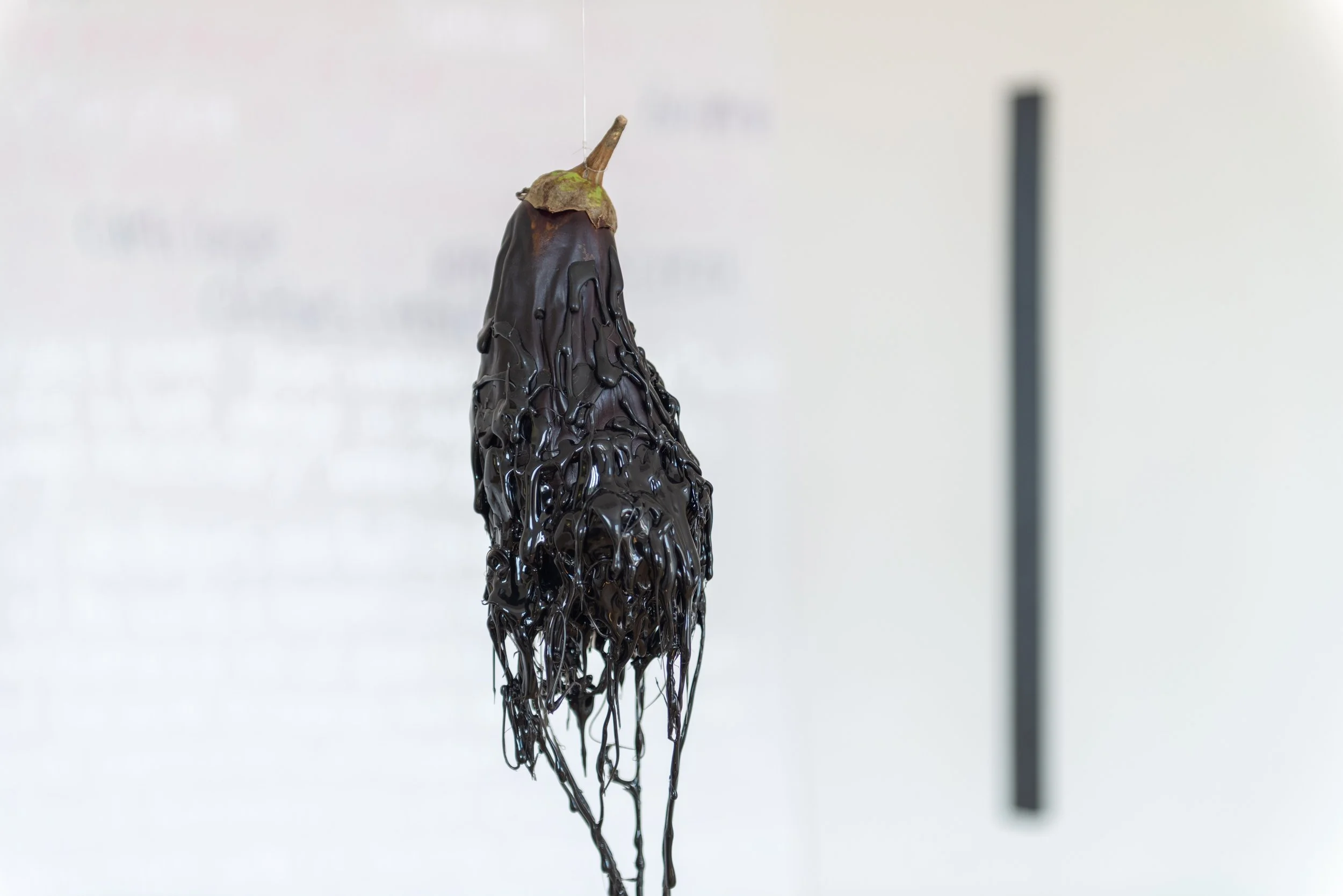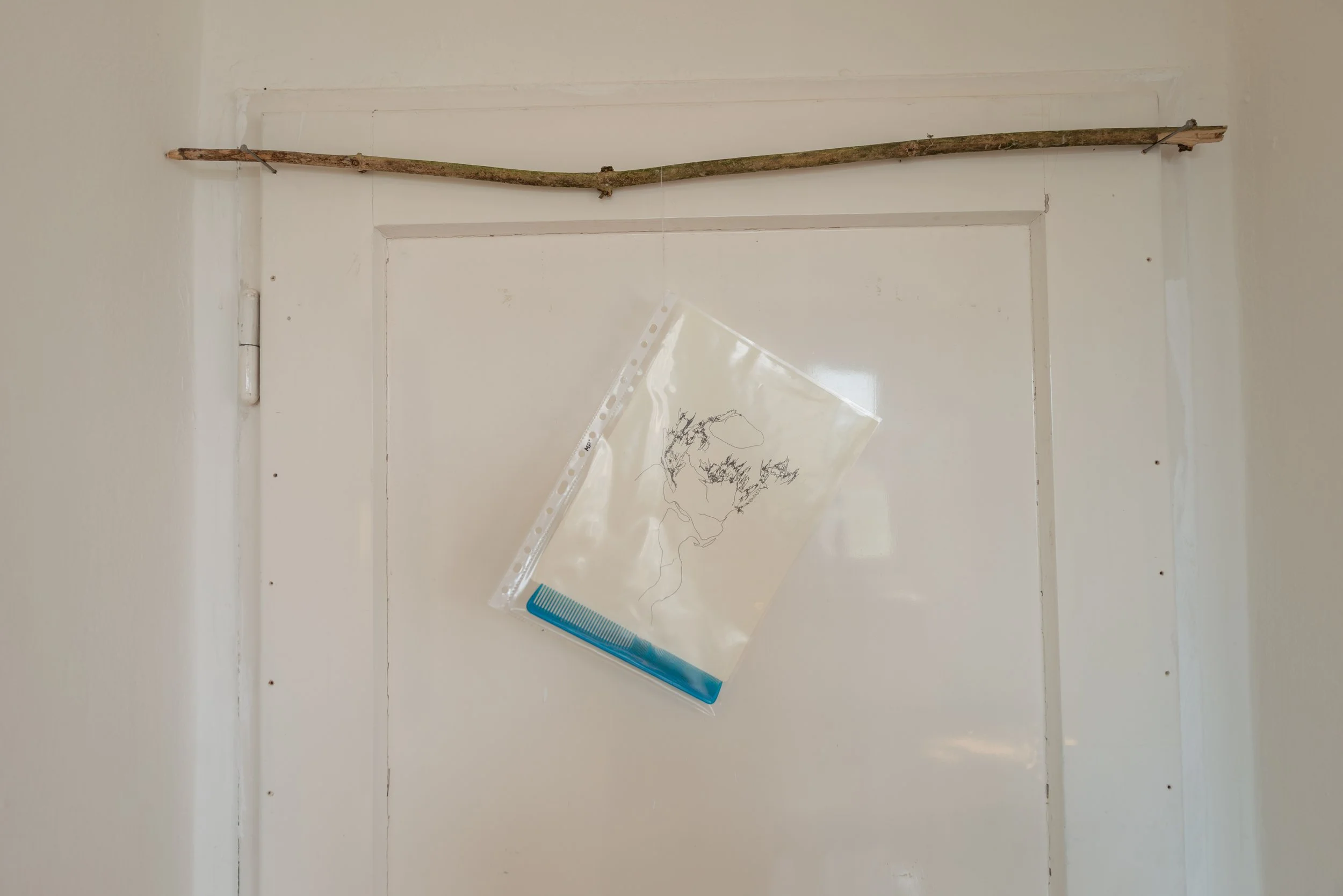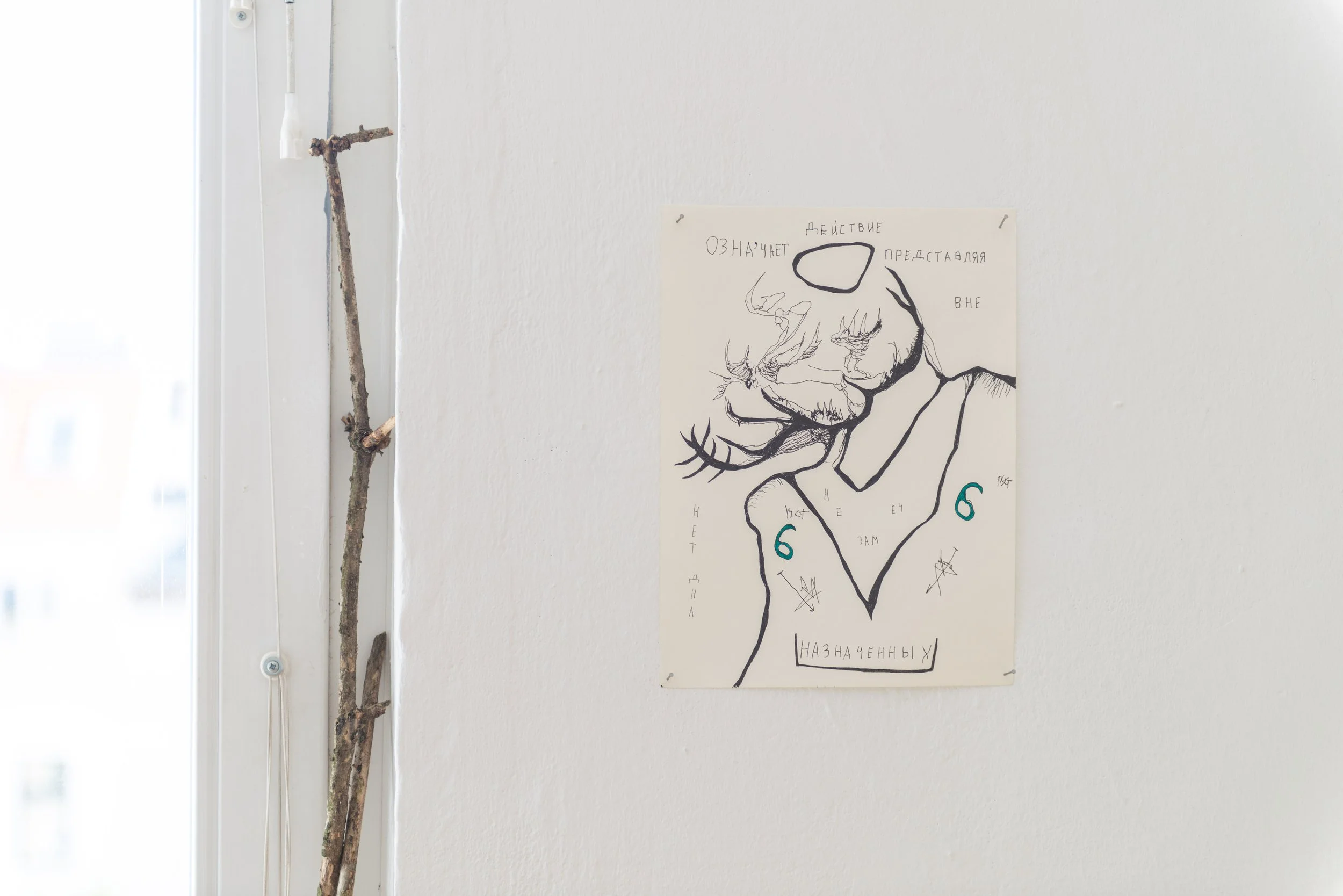AT THE BOTTOM OF NATURE
Blackout collective
14.08.- 21.08.25
Modern Russia has inherited many of the inertias of the USSR's imperial policy, including the optics of the hierarchization of ethnic groups living on its territory. In Soviet times, "friendship of peoples" was declared as an official doctrine, but equality remained more of a slogan than a practice.
Today, this logic continues to operate in a modified form. On the one hand, Russia has built a systemic route for the exploitation of migrants from Central Asia, who are mainly employed in low-paid, physically exhausting jobs. On the other hand, federal TV channels have sponsored entertainment shows in which the socialization, accent, and confusion in the new cultural environment of these people were ridiculed. In 2025, the policy of the Russian Federation was transformed into a system of total control: the introduction of mandatory tracking of migrants' movements on the territory of the Russian Federation made their bodies part of the bio-political infrastructure, where surveillance and exploitation are intertwined into a single machine of power.
We see that in almost all European countries by 2025, governments with an anti-migrant agenda are winning elections. Being sensitive and concerned about the spread of ideologies that affirm social hierarchies and inequality, it seems to us extremely important to join in the criticism of such positions. We acutely feel how easily ideologies based on social inequality grow into everyday life, turning into a "norm".
Many hierarchical ideologies are built on an essential understanding of the world, a theoretical attitude that attributes an unchanging set of qualities and properties to the entities of the world. Assuming that all objects and subjects have some true, natural purposes, attitudes that must be followed and fixed boundaries of existence. Based on the research of Eduardo Kohn, we want to show that such an understanding of the world is not relevant to modern anthropology.
Kohn's method belongs to the anthropological tradition of the "ontological turn". His supporters propose a new approach to understanding and analyzing the concepts of culture and nature. They challenge the traditional multiculturalist claim that different communities of people see the world differently, through the prism of their cultural ideas. This claim assumes that there is a single world, but with multiple cultural representations of this world (i.e. there is one ontology and many cultures).
Proponents of the ontological turn propose the opposite theory of multi-naturalism, according to which humans and other living beings have a similar vision of the world, but one worldview (i.e. they perceive the world through the prism of similar cultural ideas), but at the same time the natural worlds that they represent differ from each other. This approach challenges the idea of ontological uniformity, asserting the plurality of natural worlds. Consequently, ideologies that appeal to the idea of a single, unchanging "natural order" come into direct conflict with modern anthropological knowledge.
Painting, tree branches, water, graphics, mirror, eggplants, scissors, mold.








